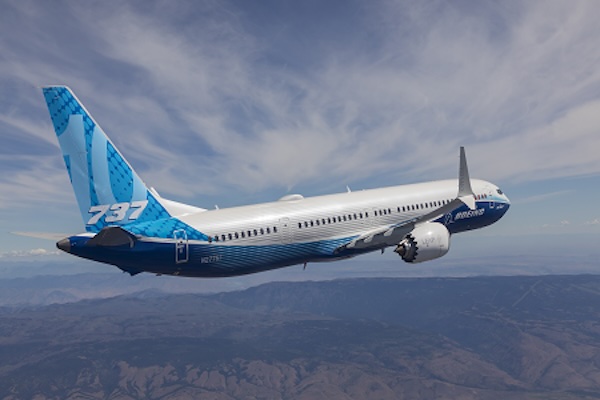Boeing is facing significant disruption after over 30,000 workers voted for a strike.
The industrial action follows the rejection of a proposed 25% pay rise. The union members’ decision reflects their strong dissatisfaction with the contract terms offered by the company. The strike is set to commence with immediate effect, impacting operations at key Boeing facilities.
Machinists Reject New Contract
In a significant decision, over 30,000 machinists working for Boeing have voted in favour of commencing strike action. This decision follows the rejection of a new contract proposal which, despite offering a 25% pay increase over four years, was deemed unsatisfactory by the workers. The union members, showing strong solidarity, voted almost unanimously against the proposed deal.
Background of the Strike Decision
The workers, affiliated with the International Association of Machinists (IAM), have opted to take industrial action for the first time in 16 years. The decision to strike was driven by a strong mandate, with 96% of union members supporting this move. Such action highlights the workers’ determination to fight for their rights and secure better working conditions.
Impact on Boeing’s Operations
Boeing’s manufacturing operations in Seattle and Portland are expected to face disruptions due to the strike action. As these workers are responsible for crucial models such as the 737 Max and 777, the strike could significantly impact production schedules. Furthermore, it raises concerns about Boeing’s ability to meet its delivery targets.
Union Statements and Future Negotiations
Jon Holden, president of the largest IAM local, emphasised the importance of the strike as a fight for the future. He expressed readiness to return to the negotiating table to address key issues highlighted by the members. The union’s stance signals a willingness to engage in constructive dialogue to reach an agreement that satisfies both parties. Boeing, however, has yet to comment officially on the situation.
Union representatives have reiterated their pride in their work and the critical role they play in Boeing’s success. They assert that the company’s future relies significantly on the skills and dedication of its workforce. Their statements underline the union’s commitment to supporting its members throughout the strike.
Boeing’s Response to the Strike
Boeing’s management is under pressure to resolve the situation swiftly to avoid prolonged disruptions. The new chief executive, Kelly Ortberg, acknowledged the workers’ discontent over previous contracts and urged them to consider the benefits of the proposed deal. However, the lack of an immediate resolution suggests ongoing tensions between management and the workforce.
The company faces financial pressures exacerbated by the strike, which could affect its competitiveness in the aerospace industry. Resolving these labour disputes promptly is crucial for Boeing to maintain its market position and reputation.
Economic Implications of the Strike
The strike action could have broader economic implications, potentially affecting supply chains and the wider aerospace sector. The delay in production could lead to increased costs and contract penalties for Boeing. Additionally, prolonged industrial action may result in layoffs or reduced hours for non-union employees, further impacting local economies.
Industrial action of this magnitude often attracts attention from both industry experts and stakeholders. The outcome of the negotiations could set a precedent for future labour disputes within the sector. Observers are keenly watching to see how the situation unfolds and the broader implications it may have.
Long-term Considerations for Boeing
In the long term, Boeing must address the underlying issues that led to this strike to prevent similar occurrences. This situation highlights the need for improved employee relations and competitive compensation packages. Investing in workforce satisfaction is essential for sustaining operational stability.
Boeing’s future strategies should focus on fostering a positive work environment and addressing employee grievances effectively. The company should consider establishing open communication channels to ensure that workers’ concerns are heard and addressed in a timely manner. Such measures are vital to rebuilding trust and loyalty among its workforce.
The strike by Boeing workers serves as a critical reminder of the importance of fair labour practices in the aviation industry.
For Boeing, swiftly resolving the labour dispute is essential to restore its operational efficiency and maintain its competitive edge. The path forward requires addressing workers’ concerns comprehensively to ensure a sustainable future for the company.

